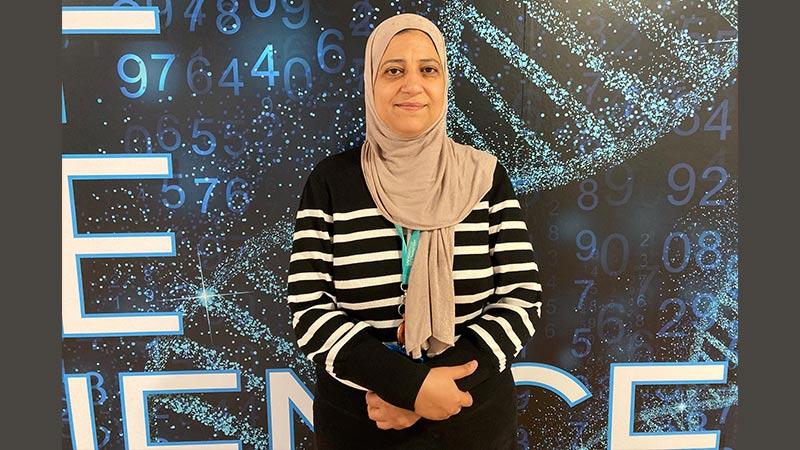Dr Manal Mohammed, Senior Lecturer in Medical Microbiology, has written an article for The Conversation, titled Omicron BQ.1 and BQ.1.1 – an Expert Answers Three Key Questions About These New COVID Variants. In the piece, Dr Mohammed discusses how transmissible the new variants are, and whether they can escape our immune system, causing severe illnesses.

The variants appear to be most common in the US so far but have been identified in the UK and a number of European countries, with the European Centre for Disease Prevention and Control (ECDC) classifying BQ.1 as a variant of interest.
Dr Mohammed states that even though BQ.1 and BQ.1.1 make up a small proportion of global COVID cases, data suggests that it is more transmissible than other circulating variants, taking only 19 days to grow eight-fold from five sequences to 200 sequences.
BQ.1 and BQ.1.1 contain mutations to the spike protein, which have been associated with significant immune escape and antibody evasion. However, according to Dr Mohammed, the vaccines will keep offering strong protection against severe disease and death.
At the end of the piece Dr Mohammed suggests: “The continued emergence of new COVID variants indicates that the virus is very much still with us, and rapidly evolving. As we face resurgences heading into winter in the northern hemisphere, we need to keep our eyes on these and any other new variants, and carefully observe how they behave.”
Read the full article in English or in Indonesian on The Conversation’s website.


